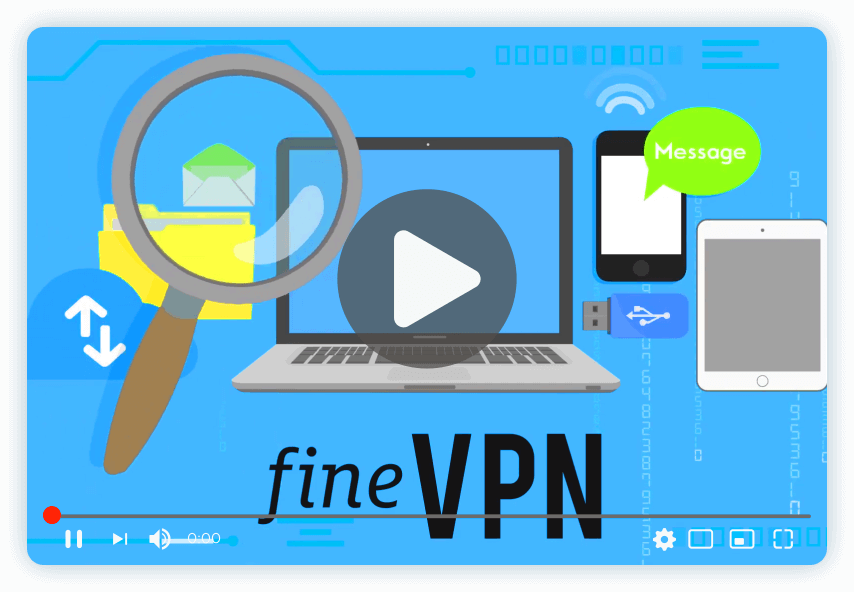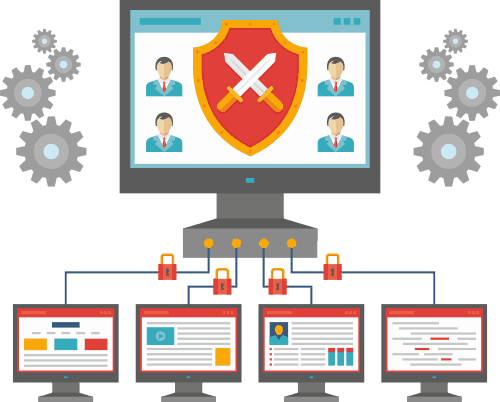In the digital age, public Wi-Fi networks offer convenience and connectivity no matter where you are. From cafes to airports, these networks allow you to stay connected, work remotely, and access entertainment. However, the open nature of public Wi-Fi poses significant security risks, making it a playground for hackers and cybercriminals. This is where the importance of using a Virtual Private Network (VPN) for secure browsing comes into sharp focus.
Understanding the Risks of Public Wi-Fi
Public Wi-Fi networks, while convenient, are notoriously insecure. They often lack strong encryption, making it easy for malicious actors to intercept data transmitted over the network. This can include sensitive information such as passwords, financial data, and personal emails. The risks associated with these networks cannot be overstated, with threats ranging from man-in-the-middle attacks to the distribution of malware.
How VPN Enhances Security on Public Wi-Fi
A VPN serves as a secure tunnel for your internet traffic, encrypting data from your device until it reaches its destination. This encryption makes it nearly impossible for hackers to intercept or decipher your online activities. By routing your connection through a secure server, a VPN masks your IP address, further enhancing your anonymity and security online.
Key Reasons to Use a VPN on Public Wi-Fi
- Encryption: A VPN encrypts your internet traffic, protecting your data from eavesdroppers.
- Anonymity: It masks your IP address, making your online actions much harder to trace back to you.
- Security: VPNs help secure your device against cyber threats, such as malware and phishing attacks.
- Access: They allow you to bypass geo-restrictions and censorship, providing access to a broader range of content.
Potential Challenges with VPNs on Public Networks
While VPNs significantly enhance security, they are not without potential drawbacks. These may include slower internet speeds due to encryption, temporary connectivity issues, and the rare possibility of IP blocking by certain websites. However, the advantages far outweigh these manageable challenges.
Why Choose FineVPN for Secure Browsing on Public Wi-Fi
FineVPN stands out as a premier choice for secure browsing on public Wi-Fi for several reasons:
- Cost-Effective: Our service is absolutely free, removing financial barriers to online security.
- High-Quality Encryption: We use state-of-the-art encryption protocols to ensure your data remains private and secure.
- User-Friendly: FineVPN is easy to install and use, making secure browsing accessible to everyone.
- Reliability: Our servers are optimized for speed and reliability, ensuring a seamless online experience.
Setting Up FineVPN with WireGuard for Ultimate Security
To start using FineVPN for secure browsing on public Wi-Fi, follow these steps:
- Download and Install WireGuard: Visit the WireGuard website and download the client for your operating system.
- Get the FineVPN Configuration File: Sign up for FineVPN and download the configuration file for WireGuard from our website.
- Import the Configuration File: Open WireGuard, click on “Add Tunnel,” and select the downloaded FineVPN configuration file.
- Connect to FineVPN: With the configuration file imported, connect to FineVPN through WireGuard with just one click.
By following these simple steps, you can enhance your security and privacy on public Wi-Fi networks. FineVPN, in combination with WireGuard, provides a robust solution for secure browsing, safeguarding your online activities from potential threats.
In conclusion, the necessity of using a VPN for secure browsing on public Wi-Fi cannot be overstated. With the increasing risks associated with these networks, a VPN serves as a critical tool in protecting your personal information and maintaining your online privacy. FineVPN offers a reliable, free VPN solution, making it easier than ever to stay safe online, no matter where you are.












